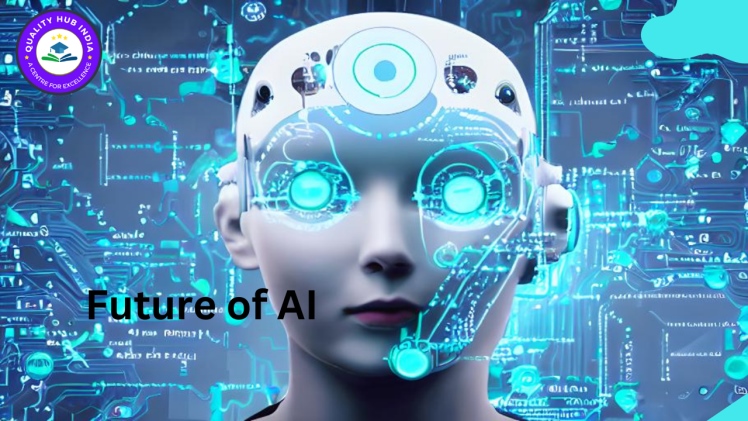Introduction:
In the rapidly advancing landscape of technology, one innovation stands out as a transformative force in the realm of entertainment – Artificial Intelligence (AI). From personalized content recommendations to cutting-edge immersive experiences, AI is reshaping the way we create, consume, and interact with entertainment. This article delves into the multifaceted role of AI in the entertainment industry and explores the myriad ways it is revolutionizing the way we experience our favorite forms of amusement.
Content Curation and Recommendation Systems:
At the heart of the entertainment industry lies the challenge of catering to diverse tastes and preferences. AI-powered recommendation systems have emerged as a solution to this challenge, providing users with personalized content suggestions based on their viewing history, preferences, and behavior. Streaming services like Netflix and Spotify leverage complex algorithms to analyze user data, predict preferences, and curate content libraries tailored to individual tastes.
This level of personalization not only enhances user satisfaction but also helps content creators and distributors optimize their offerings. By understanding audience preferences on a granular level, AI contributes to the creation of more engaging and targeted content.
Content Creation and Production:
AI is not confined to merely suggesting content; it is increasingly playing a role in content creation itself. Machine learning algorithms can analyze vast amounts of data, including successful film scripts, popular music compositions, and trending topics, to generate insights that inform the creative process. For instance, IBM’s Watson has been used to analyze movie trailers and predict their success by identifying elements that resonate with audiences.
Moreover, AI is making waves in the field of animation and visual effects. Deep learning algorithms can generate realistic animations and special effects, reducing production time and costs. This not only empowers filmmakers and animators but also opens up new avenues for creative expression.
Interactive and Immersive Experiences:
The advent of AI has ushered in a new era of interactive and immersive entertainment experiences. Virtual Reality (VR) and Augmented Reality (AR) technologies, powered by AI, enable users to engage with content in ways previously unimaginable. From AI-driven characters in video games that adapt to players’ behaviors to AR applications enhancing live performances, the fusion of AI and immersive technologies is expanding the boundaries of entertainment.
Chatbots and virtual assistants are also enhancing interactivity in entertainment. From interactive storytelling experiences to AI-powered characters that respond to user input in real-time, the marriage of AI and entertainment is fostering deeper engagement and connection between audiences and the content they consume.
Enhancing Gaming Experiences:
The gaming industry, in particular, has been at the forefront of integrating AI into entertainment. AI algorithms are employed to create dynamic and responsive gaming environments, where non-player characters (NPCs) exhibit intelligent behavior, adapting to players’ strategies and decisions. This not only enhances the gaming experience but also presents new challenges and opportunities for players.
Furthermore, AI is used in procedural content generation, where algorithms create game environments, characters, and challenges on the fly. This not only reduces the burden on game developers but also ensures a limitless variety of gaming experiences for players.
Predictive Analytics and Audience Insights:
AI-driven analytics are revolutionizing how entertainment companies understand and target their audiences. By analyzing vast datasets, AI can predict trends, identify emerging markets, and offer insights into consumer behavior. This, in turn, enables content creators and distributors to make informed decisions about content development, marketing strategies, and distribution channels.
Social media platforms, in particular, leverage AI to analyze user engagement, sentiment, and trends. This data is invaluable for content creators seeking to tailor their productions to meet the ever-evolving expectations of their target audience.
Conclusion:
As we stand on the cusp of a new era in entertainment, fueled by the capabilities of Artificial Intelligence, the landscape of what we consider entertaining is undergoing a profound transformation. From personalized content recommendations to AI-generated creative works, the role of AI in entertainment is dynamic and far-reaching.
While the integration of AI brings unprecedented opportunities for innovation and creativity, it also raises ethical considerations and challenges. Striking a balance between technological advancement and responsible use will be crucial as we navigate the evolving relationship between AI and entertainment. One thing is certain – the synergy between artificial intelligence and entertainment is set to redefine the very nature of how we experience joy, creativity, and storytelling in the years to come.

